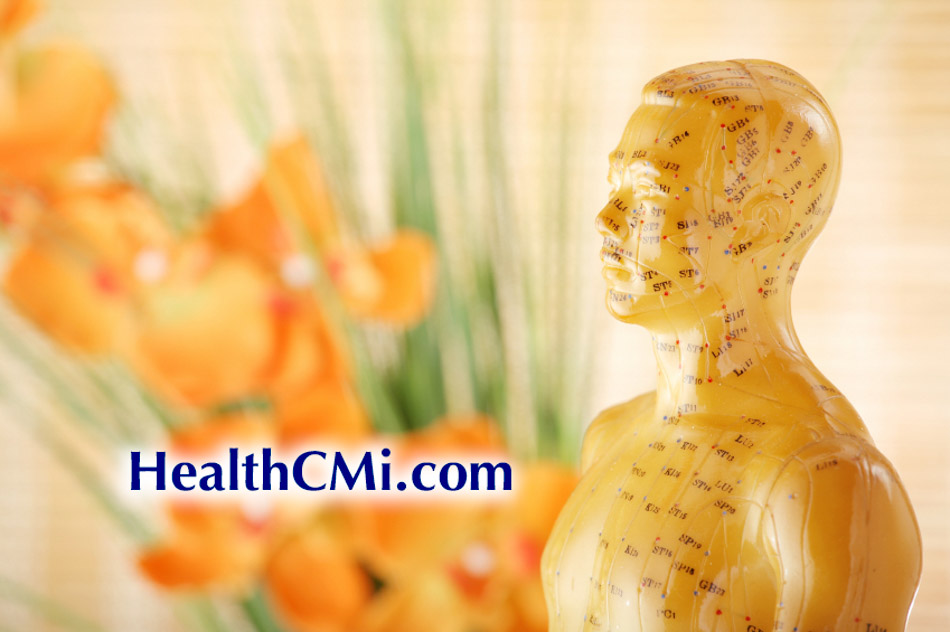
In a groundbreaking study conducted by Tianchang Traditional Chinese Medicine Hospital, researchers have found that electroacupuncture, when combined with oral mecobalamin, significantly improves the treatment outcomes for facial neuritis compared to mecobalamin alone. The study compared the efficacy of two treatment approaches: oral mecobalamin and a combination of mecobalamin with electroacupuncture.
Facial neuritis, often referred to as facial nerve inflammation, affects the facial nerve responsible for facial expressions. Common symptoms include facial weakness or paralysis, pain around the jaw or ear, altered taste, and drooping of the mouth. Causes can include viral infections (like herpes simplex), autoimmune disorders, or trauma. Diagnosis typically involves a physical exam and imaging tests. Treatment options include acupuncture, corticosteroids, physical therapy, and pain management.
The results from this extensive study, which included 136 patients with facial neuritis, demonstrated that the combined approach yielded superior results. The observation group, which received both mecobalamin (vitamin B12) and electroacupuncture, achieved a total clinical effective rate of 92.64%. This is markedly higher than the control group’s 64.71% effective rate, which only received mecobalamin tablets. [1]
Patients in the combined treatment group showed substantial improvements in facial muscle strength, electromyography (EMG) results, and blink reflexes. Additionally, concomitant symptoms such as insomnia, dizziness, and facial pain were significantly lower in this group compared to the control group.
The study used a four-level scale to assess clinical efficiency:
In the electroacupuncture and mecobalamin combined group, 30 cases were classified as “cured,” 21 as “markedly effective,” 12 as “effective,” and 5 as “ineffective,” reflecting an impressive total effective rate of 92.64%. The control group, which was treated with mecobalamin tablets alone, had lower overall efficacy and a higher incidence of side effects.
The study included 136 participants divided into two groups of 68 each. The control group had ages ranging from 26 to 84 years, with a disease duration of 2 to 6 years, while the observation group had ages ranging from 28 to 85 years and a disease duration of 2 to 7 years. Exclusions were made for patients with pre-existing liver, lung, kidney, or cardiovascular conditions, those with contraindications or allergies to the treatment, central facial paralysis, facial paralysis due to cranial trauma, pregnant or lactating individuals, and those with severe cognitive or mental disorders.
The treatment protocol for the control group involved oral administration of mecobalamin tablets (0.5mg) three times daily for a 10-day period. The observation group, in addition to mecobalamin tablets, received electroacupuncture at specific acupoints including LI11 (Quchi), TB5 (Waiguan), LI4 (Hegu), ST40 (Fenglong), ST36 (Zusanli), GB34 (Yanglingquan), SP6 (Sanyinjiao), and LV3 (Taichong).
Electroacupuncture was administered with 0.35mm × 40mm filiform needles using a reinforcing-reducing technique. Following needle insertion and deqi acquisition, the needles were connected to an electroacupuncture device for 20 minutes of pulsed electrical stimulation. Treatment was initiated with mild stimulation within 7 days of disease onset and adjusted based on patient tolerance over 14 days.
This study highlights the significant potential of combining electroacupuncture with mecobalamin in treating facial neuritis, offering a promising option for patients seeking effective relief from this challenging condition.
Tianchang Traditional Chinese Medicine Hospital is a leading institution in traditional Chinese medicine research and treatment. The hospital is renowned for its expertise in integrating traditional therapies with modern medical practices. Its research team conducts pioneering studies to explore and validate the effectiveness of various treatments, including acupuncture and herbal medicine, for a range of conditions. Recently, the hospital’s researchers have made significant strides in demonstrating the efficacy of combining electroacupuncture with mecobalamin tablets for treating facial neuritis, showcasing their commitment to advancing integrative medical approaches and improving patient outcomes.
Source: 1. Bai, M., Zhang, D., & Wu, C. (2024). Effect of electroacupuncture combined with mecobalamin tablets on facial muscle function recovery and blink reflex in patients with facial neuritis. Liaoning Journal of Traditional Chinese Medicine, 2024(6).